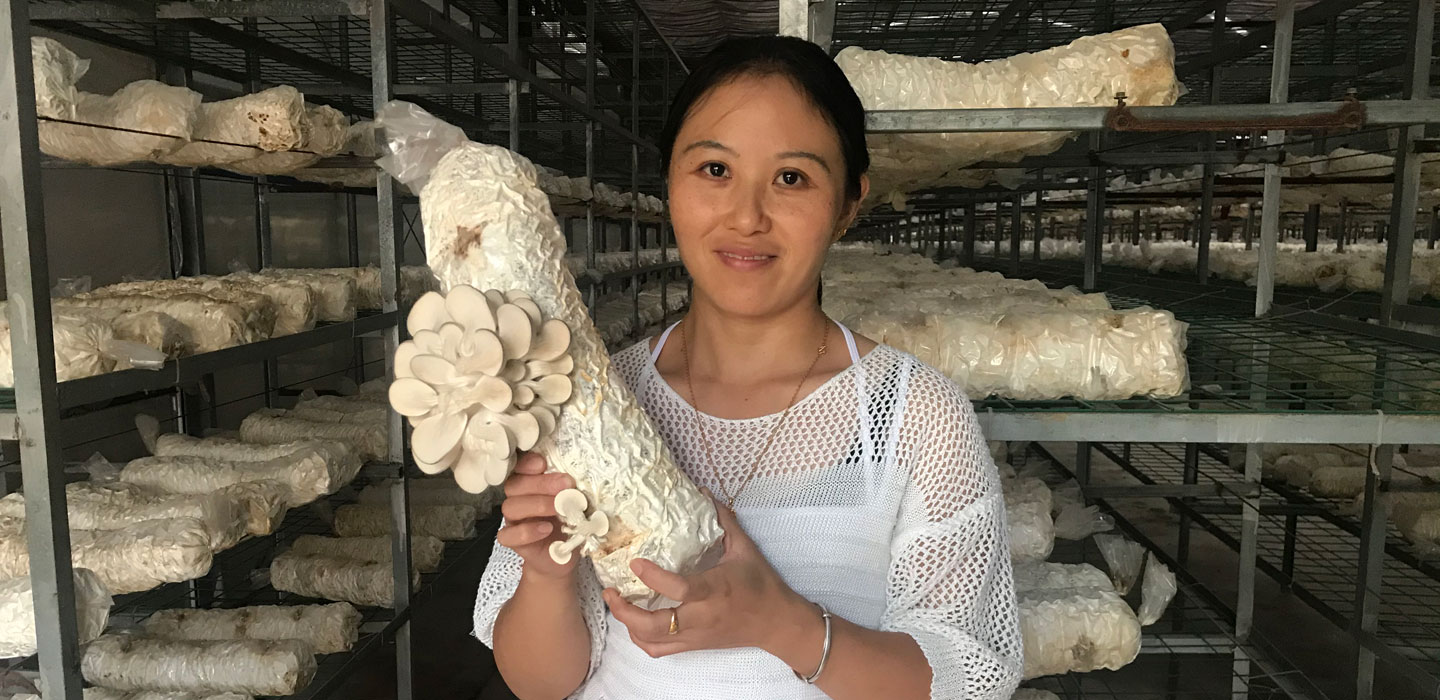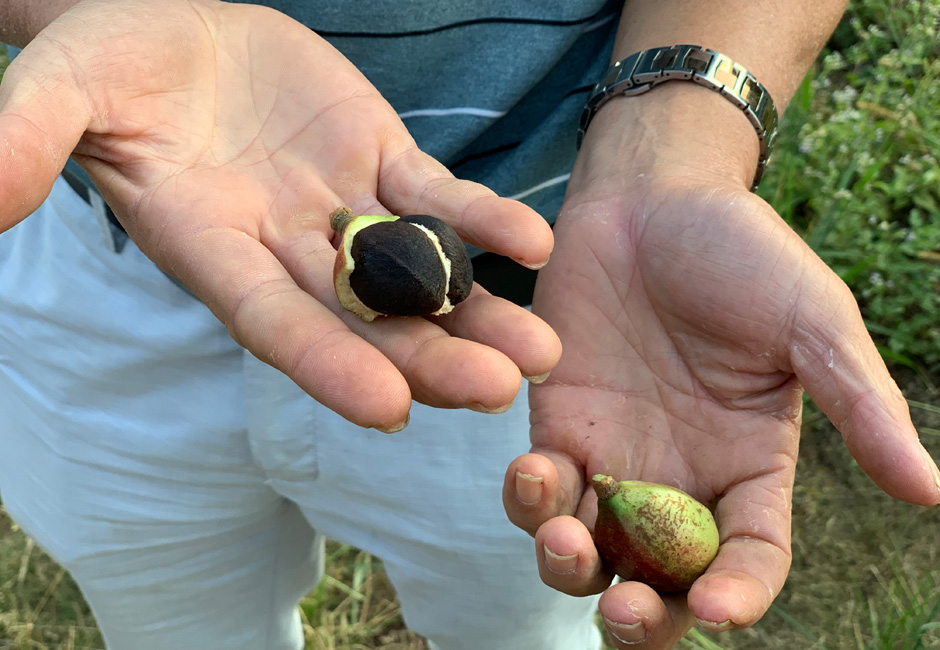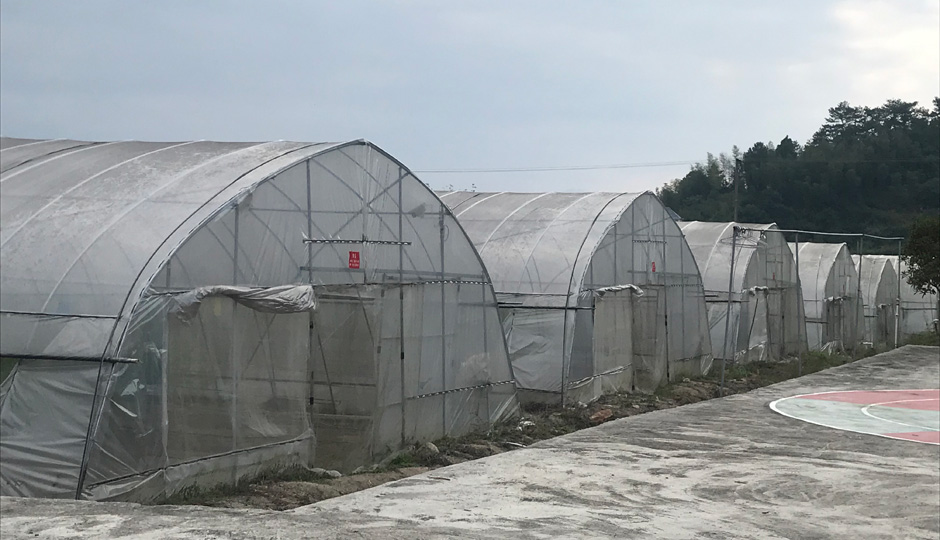Specialised production secures better income for rural households in China
IFAD Asset Request Portlet
Asset Publisher
Specialised production secures better income for rural households in China
Estimated reading time: 2 minutes
©Natalia Espinel/IFAD
The rapid economic growth in China has brought numerous benefits, but also many challenges. Rapid urbanization, environmental vulnerability, an aging population and internal migration of young men is putting pressure on rural agricultural production systems.
Jiangxi, a province in southeast China – with a landscape of rice paddies, rivers and mountains and a population of over 45 million people – is no exception. An IFAD-funded project is already helping to reduce rural poverty in ten counties in the province. The Jiangxi Mountain Area Agribusiness Promotion Project focuses on poor farmer households by supporting agribusinesses with new and advanced farm technologies. This is one of a new generation of IFAD projects in China that focuses on linking smallholders to markets, developing inclusive value-chains, and forging 'pro-poor' public-private partnerships.
Off-farm opportunities for rural women and men
Zhong Shuanyan, a young farmer, and mother of two, works in a mushroom production company, Jingxian Fungus Science and Technology Sharehold Corporation, supported by the IFAD-funded project in Jinggangshang county.
“Since I have started working here, I can economically help my family and mother-in-law. I also have improved my knowledge and skills in farm production. We not only produce fungus, but we also use the fungus material to make other products, like powder for chicken food companies and organic fertilizers,” says Zhong.

Investing in new crops to diversify sources of income
Huang Beijing, a 53-year old man from Taoling Village in Ruijin County, is one of 142,000 farmer households involved in the project. He has been working on a tea seed oil plantation since 2016.
“Before the project, the land was used for paddy rice production, which didn’t provide a stable income. But with the tea seed oil we generate more profit and a higher income,” says Huang. The oil is used for cooking and traditional medicine.
Huang lives with his wife, mother, father-in-law and niece. His two sons migrated to other cities to find jobs. “The young labourers have migrated and send money to their families. They return once a year for the Chinese New Year; only one student remained in the primary school because the others joined their parents in cities,” says Huang.
“Thanks to IFAD, I have an income and I can be a model for other households in the community to help them overcome poverty. In the future, I plan to process the tea seed oil myself, and then put it on the market.”

Connecting farmers with consumers through e-commerce
Xin Hua Zeng, a 43-year old farmer and mother of one, is a manager of an asparagus plantation in Jinggangshan. This company integrates scientific research, development, production, processing of asparagus, medicinal materials and other agricultural products. In addition to its high quality organic asparagus, it also markets yellow peaches and kiwi, through e-commerce channels, reaching new and untapped markets for rural farmers.
“I guide the other farmers on how to prepare the land, irrigation, and collection of the asparagus. We prepare about 300 boxes per day that are sold through e-commerce. The income I am making from my work here allows me to provide for my child and my parents; before this was not possible for me,” says Xin Hua Zeng, with a smile on her face.
Find out more about IFAD and China
Publication date: 06 December 2019